Arndt Büssing
Professorship Quality of Life, Spirituality and Coping, University of Witten/Herdecke, Herdecke, GermanyPresentation: Assessment of Spiritual Needs of Chronically Ill and Old People
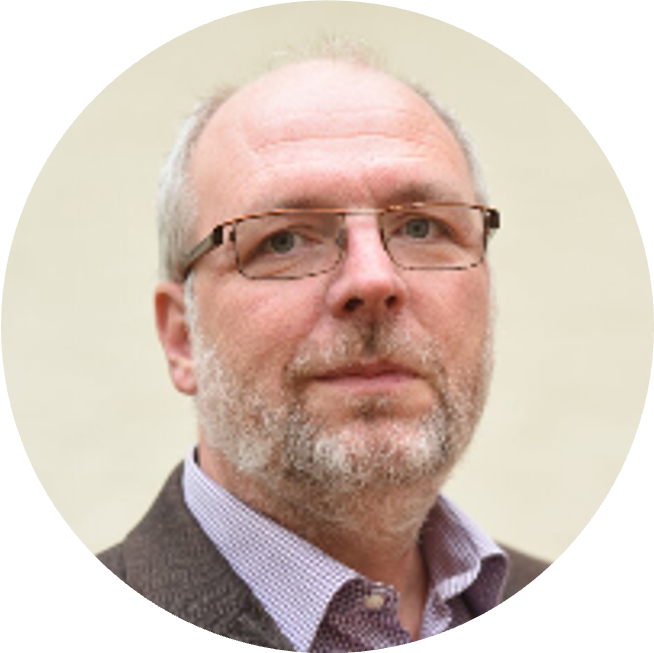
Abstract
Empirical data also from secular societies shows that patients´ existential and spiritual needs mostly remain unmet. While supporting these needs is (theoretically) well established in palliative care, their importance in the early stages of chronic illness is largely ignored. As a consequence, patients are left alone with their needs, fears, and worries. A first step to overcome this situation is a structured and standardized assessment of their spiritual needs and/or spiritual struggles, i.e., with the Spiritual Needs Questionnaire (SpNQ) or the Spiritual Distress Screener. Then, healthcare professionals can reasonably respond to these documented needs in an interdisciplinary manner.
In this context, spiritual care describes the concerns of health professionals and chaplains to take care of the existential/spiritual needs as well as worries and distress of sick, old, and burdened people (as well as their relatives). This topic is of fundamental importance, but – with unclear assignments of responsibility – many health professionals lack both the time and the expertise to address it. However, for a health system that takes a comprehensive care mandate seriously – despite all the economic burdens – addressing peoples´ spiritual needs should not be optional, but essential.
Bio
Arndt Büssing (*1962) is a medical doctor and full professor at Witten/Herdecke University (Germany) since 2010, specializing in “Quality of Life, Spirituality, and Coping.” His research focuses on (1) the role of spirituality as a resource for coping with chronic illness, including the spiritual needs of patients, the elderly, and caregivers, as well as the phenomenon of spiritual dryness; (2) integrative non-pharmacological interventions, such as yoga and meditation, for patients with chronic diseases; and (3) the development of validated questionnaires in the field of spirituality and coping.
Dr. Büssing studied medicine at RWTH Aachen, where he also earned his doctorate in pediatrics and human genetics. He has held various leadership roles in immunology and oncology research before becoming a professor. He serves on the editorial boards of Journal of Religion and Health and Spiritual Care, and is Co-Editor-in-Chief of Religions. Additionally, he is actively involved in several academic and interdisciplinary networks focusing on spirituality and health.
Adrianna Mendrek
Psychology Department, Bishop’s University, Sherbrooke, QC, Canada
Presentation: Mindfulness and Flourishing: From Historical Roots to Modern Applications

Abstract
Mindfulness and mindfulness-based interventions (MBIs) are everywhere, including our workplaces, health clinics, hospitals, schools, prisons. While evidence concerning ‘curing’ mental or physical health problems is equivocal, there is little doubt that some MBIs have capacity to alleviate selected psychiatric symptoms, as well as promote wellbeing and flourishing in the general population. MBIs have roots in specific cultural and historical contexts, which are sometimes overlooked. They originate mostly from Buddhist practices of meditation, loving-kindness and compassion, as well as Yogic exercises of breath control and postures. Those ancient practices were linked to ethical conduct and designed to facilitate insight into the nature of our selves and the world around us, which in turn would inevitably boost wellbeing and flourishing. However, many current mindfulness interventions appear decontextualized and diluted, offering merely relaxation, stress reduction and/or increased productivity (workplaces and corporations love that last item). Thus, in the present talk, after introducing briefly mindfulness, its benefits and potential pitfalls, I want to delve into the roots of MBIs and discuss key concepts and practices, which might be essential for personal transformation, insight, and flourishing.
Bio
Adrianna Mendrek is a full professor at the Department of Psychology, Bishop’s University and an Adjunct Professor at the Department of Psychiatry, Université de Sherbrooke. She received her master’s degree in psychology and her Ph.D. in Neuroscience/Psychiatry from the University of British Columbia (UBC) in Vancouver, followed by the postdoctoral training at the University of California, Los Angeles (UCLA) at the Institute of Neuropsychiatry and Brain Mapping Center. She is author or co-author of nearly 100 research articles and book chapters and over 200 published abstracts. She has presented at numerous international conferences and community events. Over the years her research has evolved around two major themes: 1) brain function in psychiatric disorders, such as schizophrenia and drug addiction; 2) sex and gender differences/similarities in emotion and cognitive processing in psychopathology and in health. In recent years she has combined her long-standing passion for Eastern philosophy, dance, yoga and meditation to delve into expressive arts, contemplative practices and body work as therapeutic modalities.
Loren L. Toussaint
Department of Psychology, Luther College, Decorah, IA, USA
Presentation: Stress-and-Coping Models of Forgiveness and Flourishing
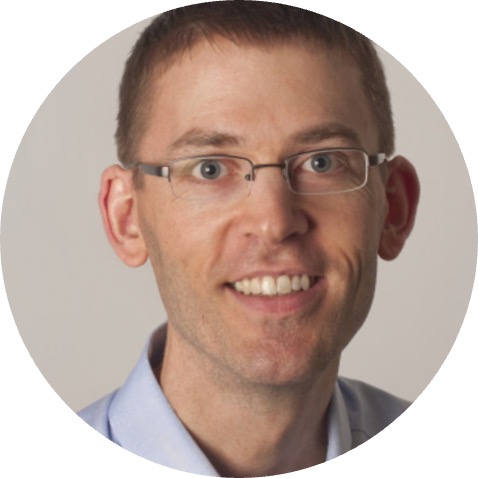
Abstract
We all face difficulties in dealing with hurtfulness whether it comes from oneself or others. Often the stressfulness of dealing with a hurtful individual can be lasting. Likewise, it can be difficult to reconcile one’s own goodness in spite of wrongdoing that may have negatively impacted oneself or others. Forgiveness has been proposed as one means of restoring flourishing after a hurtful experience. This talk will focus on understanding the ways in which forgiveness might serve as a method of coping with distressing and hurtful experiences that result from harm done by oneself or others. Key aspects of the talk will focus on: 1) defining forgiveness of oneself and others, especially as aspects of coping, 2) understanding flourishing, and 3) considering stress-and-coping models of connections between forgiveness of self and others to flourishing. We will also consider implications of faith and community. Forgiveness can serve as as an important component of individual, social, and community healing that can facilitate the rebuilding of trust, reconciliation, peace, and flourishing.
Bio
Dr. Loren Toussaint is a professor of psychology at Luther College. He is chair of the Discover Forgiveness Advisory Council for the Templeton World Charity Foundation (discoverforgiveness.org), president of the Forgiveness Foundation (forgivenessfoundation.org), and associate director of the Sierra Leone Forgiveness Project. He has served as a visiting professor at Mayo Clinic and Katholische Universität Eichstätt-Ingolstadt, and as a consultant to Cancer Treatment Centers of America and Boise State University. Dr. Toussaint’s research examines forgiveness and other virtues and how they are related to flourishing. He edited a scientific collection titled, Forgiveness and Health: Scientific Evidence and Theories Relating Forgiveness to Better Health (Springer), and authored a short book titled, Forgiveness: Questions and Simple Answers (Amazon). He directs the Laboratory for the Investigation of Mind, Body, and Spirit (https://www.luther.edu/faculty/loren-toussaint/). Dr. Toussaint encourages “everyday forgiveness” to build resilience and minimize stress in families, schools, healthcare, workplaces, and communities. Everyday forgiveness is taught through the Forgiveness Foundation, an education and outreach hub organization. Dr. Toussaint’s work has been highlighted in a number of media outlets such as TIME, U.S. News, and the New York Times.
Colwick Wilson
President of the University of the Southern Caribbean in Trinidad and Tobago, Saint Joseph, Trinidad and Tobago
Presentation: The Caribbean Self-Forgiveness and Human Flourishing Project
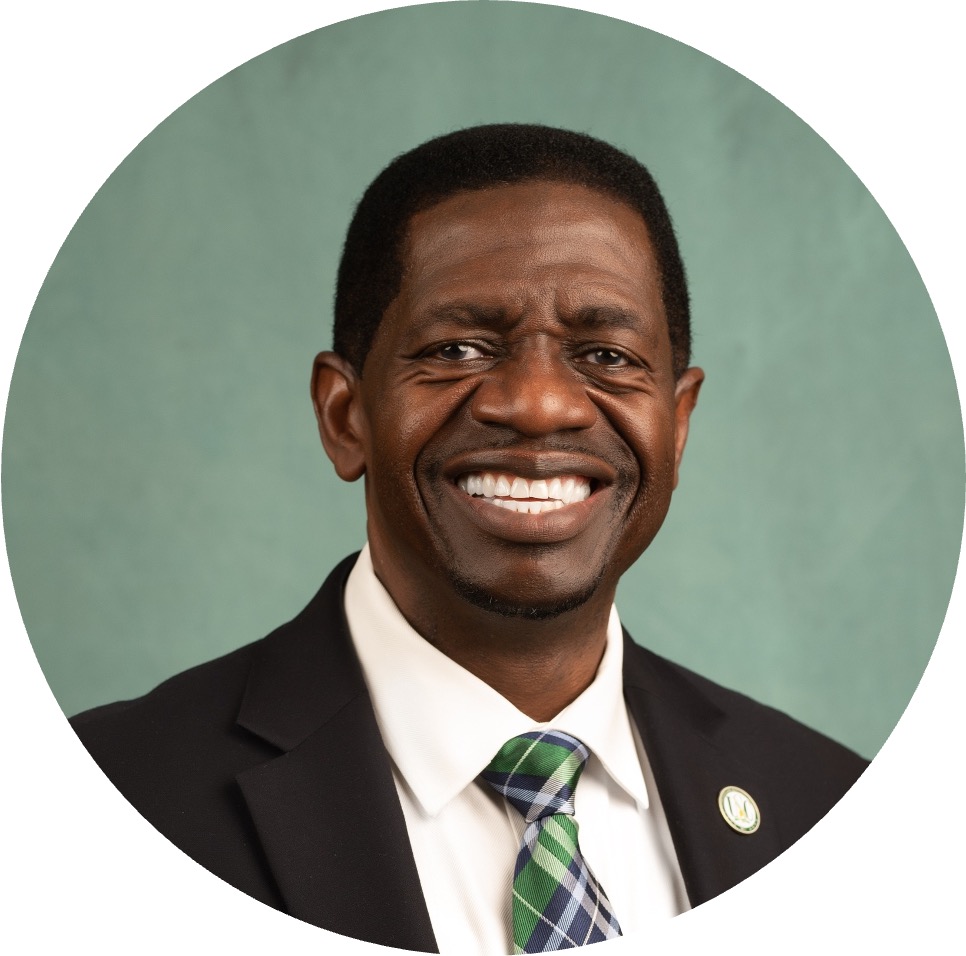
Abstract
This presentation will highlight the findings of the Caribbean Self-Forgiveness and Flourishing Project (CSFFP)—a comprehensive research initiative that investigates the role of self-forgiveness in enhancing mental well-being and mitigating addictive and suicidal behaviors in Trinidad and Tobago. Conducted in four phases, the study engaged both adult university students and community members, generating valuable insights into the transformative potential of self-forgiveness as a catalyst for individual and collective flourishing.
Study 1 examined motivation and perceived feasibility of self-forgiveness among 353 participants aged 18–78, using a quantitative, cross-sectional design and convenience sampling. Data were collected through an online questionnaire distributed via Qualtrics.
Study 2 involved a cultural assessment and adaptation of the Moving Forward: Six Steps to Forgiving Yourself and Breaking Free from the Past intervention with 15 cultural experts.
Study 3 assessed the cross-cultural validity of key self-forgiveness measurement tools with a sample of 1,123 individuals. Data were collected through a standardized, self-administered online survey using Qualtrics. Participants were recruited via flyers, social media, and community outreach, using a modified convenience sampling strategy to reflect diversity including ethnic background.
Study 4 was a pre-registered, randomized waitlist crossover trial evaluating the Moving Forward: Six Steps to Forgiving Yourself and Breaking Free from the Past intervention. A total of 755 participants (baseline) were randomly assigned to treatment or waitlist groups via alphanumeric codes. Data collection included three online surveys and a take-home workbook.
The CSFFP provides valuable contextual insights into the relationship between self-forgiveness and mental health in the Caribbean, contributing to culturally relevant strategies for personal and societal well-being.
Bio
Dr. Colwick Wilson holds a Bachelor of Arts in Theology from Caribbean Union College (now the University of the Southern Caribbean), a Master’s degree in Leadership and Counseling from Eastern Michigan University in Ypsilanti, Michigan, and both a Master’s and Ph.D. in Sociology from the University of Michigan in Ann Arbor.
Dr. Wilson currently serves as President of the University of the Southern Caribbean in Trinidad and Tobago. His extensive career in higher education includes serving as Provost and Senior Vice President at Oakwood University in Alabama, as well as Chair of the Department and Associate Dean in the School of Behavioral Health at Loma Linda University in California. He also served as Director of Innovation and Research at Kettering Health Network in Ohio, and as an Associate Professor and research affiliate at the Institute for Social Research at the University of Michigan.
With academic training spanning theology, leadership, counseling, and sociology, Dr. Wilson brings a multidisciplinary perspective to education. His approach emphasizes the integration of leadership development and psychological insight to promote personal, institutional, and societal growth.
Over the past 25 years, Dr. Wilson has taught courses in advanced statistics, research and evaluation methods, and health-related topics. His scholarly work has been published in areas including mental health, immigration, family and health, forgiveness and well-being, and prostate cancer. A dedicated mentor, he has supervised more than 100 dissertations and theses, nurturing the next generation of researchers and academic leaders.
Ben C. H. Kuo
Department of Psychology, University of Windsor, Windsor, ON, Canada
Presentation: Reconsidering Coping Through a Collectivistic Lens: Emerging Evidence and Implications for Well-being

Abstract
There has been a long-standing interest in psychology and health-related fields regarding individuals’ coping behaviors in response to stress. However, the important intersection between culture and coping has largely gone unnoticed, both theoretically and empirically, until recently. Recent advancements in cross-cultural coping research have begun to shed light on how culture impacts stress and coping behaviors among various racial, ethnic, national, and, to a lesser extent, religious groups. These developments have provided new perspectives on how to conceptualize and assess culture and coping, particularly focusing on how collectivistic values and orientations can influence the coping process and the health and well-being outcomes associated with stress. In this session, I will briefly review emerging evidence related to the concept of “collective coping” and discuss the practical implications of these culturally conditioned coping responses for the health and well-being of diverse populations. This presentation intends to illustrate how ‘culture’ and its consequences might be empirically investigated and practically applied for the purposes of clinical and psychological research and intervention.
Bio
Dr. Kuo has been a Full Professor since 2013 and currently serves as the Director of Clinical Training for the CPA-Accredited Clinical Psychology Program at the University of Windsor in Ontario, Canada. He is a registered and practicing counseling psychologist. Dr. Kuo’s research focuses on the intersection of culture and psychology, particularly in multicultural counseling and training, as well as cross-cultural psychology, with an emphasis on cultural coping and acculturation. As an experienced clinical supervisor, Dr. Kuo teaches and supervises clinical psychology graduate students in multicultural psychotherapy courses and practicum placements with diverse clients, including refugees and immigrants. He collaborates closely with various community and health agencies and is involved in policy initiatives across Canada. Dr. Kuo has traveled internationally as a distinguished visiting professor, providing lectures, training, and consultation in Taiwan, China, Thailand, New Zealand, Russia, Brazil, Poland, and the U.K. His contributions to the field have been recognized through numerous awards, including the Outstanding Research Award in the Establish Research/Scholar Category (2017), the Dr. Kathleen E. McCrone Teaching Award from the Faculty of Arts, Humanities, and Social Science (2017), and the Mary Lou Dietz Equity Leadership Award (2019). Most recently, Dr. Kuo’s academic and professional efforts were honored by the Canadian Psychological Association (CPA) with the John C. Service Member of the Year Award in 2021 and the Public Community Services, Human Rights, and Social Justice in Psychology Award in 2023.
Jon R. Webb
Department of Community, Family, and Addiction Sciences, Texas Tech University, Lubbock, TX, USA
Presentation: Spirituality, Forgiveness, Addiction, and Recovery

Abstract
Addictive behavior – whether in the context of substance use, compulsive behavioral sets (e.g., gambling), or suicidal behavior – is a clear and present crisis, impacting individuals, families, and society. Of note, spirituality is anecdotally and empirically known to play a meaningful role in addiction recovery. The focus of this presentation will be to discuss a comprehensive model of the spirituality-forgiveness-addiction-recovery association; that is, the SFARA Model. This model proposes that forgiveness is a primary component of the larger association of multiple dimensions of spirituality with better addiction recovery outcomes. Indeed, ritualistic spirituality (a structured connection with deity), theistic spirituality (a non-structured connection with deity) and existential spirituality (a non-theistic, yet transcendent search for meaning and purpose) are thought to operate through multiple dimensions of forgiveness (e.g., of self, of others, by God) to impact addiction recovery. And, that said dimensions of forgiveness, in turn, operate through resentment, and various aspects of (1) bio-psycho-social-spiritual functioning, (2) existangst, or existentially and teleologically driven psychological distress, and/or (3) recovery capital. In sum, the spirituality-forgiveness-addiction-recovery association is likely complex, with nomothetic and idiographic implications for prevention and treatment.
Bio
Dr. Jon R. Webb is a licensed clinical psychologist and tenured Associate Professor in the Department of Community, Family, and Addiction Sciences at Texas Tech University, where he served as the Addictive Disorders and Recovery Studies PhD Program Director from 2017–2023. He has served on the executive committees of the Tennessee Psychological Association and the Society for the Psychology of Religion and Spirituality (American Psychological Association, Division 36); as President of the former and as Treasurer of the latter. His research and clinical interests are focused in the area of spirituality and health, with particular interests in forgiveness, dimensions of spirituality (i.e., ritualistic, theistic, and existential), psychache, temptation, addictive behavior, suicidal behavior, and medical rehabilitation. To date, he has published over 65 peer-reviewed articles and edited-book chapters on these topics. From 2019–present, he has served as a Consulting Editor for the American Psychological Association journal, Spirituality in Clinical Practice. In 2021, he published a sole-authored book with Routledge, entitled, Understanding Forgiveness and Addiction: Theory, Research, and Clinical Application. He is currently working on a 45-chapter, sole-edited book under contract with Routledge, entitled, Handbook of Spirituality, Health, and Well-Being: A Psychological Perspective.
Jan Cieciuch
Institute of Psychology, Cardinal Stefan Wyszyński University in Warsaw, Warsaw, Poland Pracownia Testów Psychologicznych Polskiego Towarzystwa Psychologicznego, Warsaw, Poland
Presentation: Towards a Common Framework for Research on Well-Being, Mental Health, and Personality
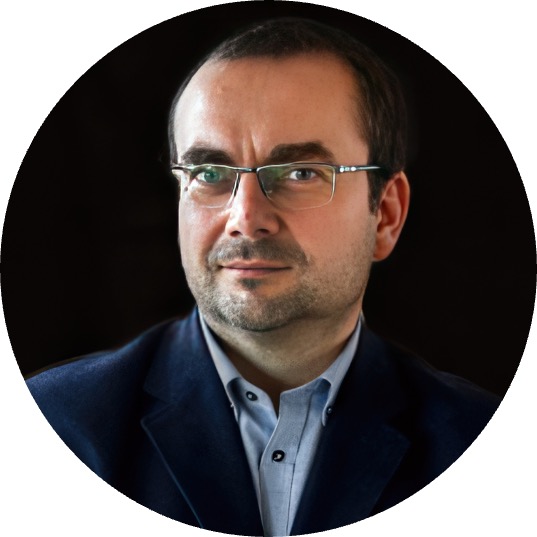
Abstract
In psychology, empirical findings are accumulating at an almost avalanche-like pace, which is undoubtedly a sign of the discipline’s dynamic development. On the other hand, however, this growth of findings does not readily translate into their integration or into building coherent knowledge about human psychological functioning. Research is often conducted within different theoretical frameworks, in which the same phenomena are labelled differently, while different phenomena are labelled with the same terms, leading to the so-called jingle-jangle fallacy. This observation also applies to research on well-being and mental health, as well as their personality determinants.
During the presentation, I will introduce a proposal for integrating these research areas within the formal rules of the circumplex. This approach, which I metaphorically call “more geometrico”, involves identifying the fundamental dimensions in a given domain that can serve as a reference framework for many different, more specific models. This approach has led to the development of the Circumplex of Personality Metatraits Model and the Symptoms-Competencies-Traits Model. It can also be applied to integrate constructs from the domains of well-being, mental health, and personality, including its disorders.
The presentation will cover: (1) the essence of this approach, (2) its application to the field of mental health and its personality determinants, and (3) a series of empirical findings supporting its validity. Integrating different categories that describe mental health, its disorders, and personality determinants within a single reference framework may be useful for both scientific research and practical applications, particularly within the framework of positive clinical psychology.
Bio
Jan Cieciuch is a university professor who has worked at several universities in Poland and abroad (including Cardinal Stefan Wyszyński University in Poland and Zurich University in Switzerland). Since 2011, he has been a member of the Committee on Psychology of the Polish Academy of Sciences, serving consecutive terms.
He is the author or co-author of several theoretical models in the field of personality, including the Symptoms-Competencies-Traits Model, which incorporates a model of well-being. He has also developed or adapted numerous psychological instruments in the areas of individual differences, personality psychology, and personality disorders.
Jan Cieciuch has been listed in several consecutive editions of “The World’s Top 2% Scientists” ranking compiled by researchers from Stanford University in cooperation with Elsevier, which identifies the top 2% most-cited scientists from all disciplines worldwide.
Bogusław Śliwerski
Faculty of Educational Sciences, University of Łódź, Łódź, Poland
Institute of Pedagogy, The Maria Grzegorzewska University, Warsaw, Poland
Presentation: A Well-Being Model Rooted in the Mission of Polish Scouting and Its Members’ Attitudes Toward Values: Findings From a Study (Presentation in Polish 🇵🇱 — Model dobrostanu zakorzeniony w misji harcerstwa polskiego a postawy jego członków wobec wartości. Doniesienie z badań)
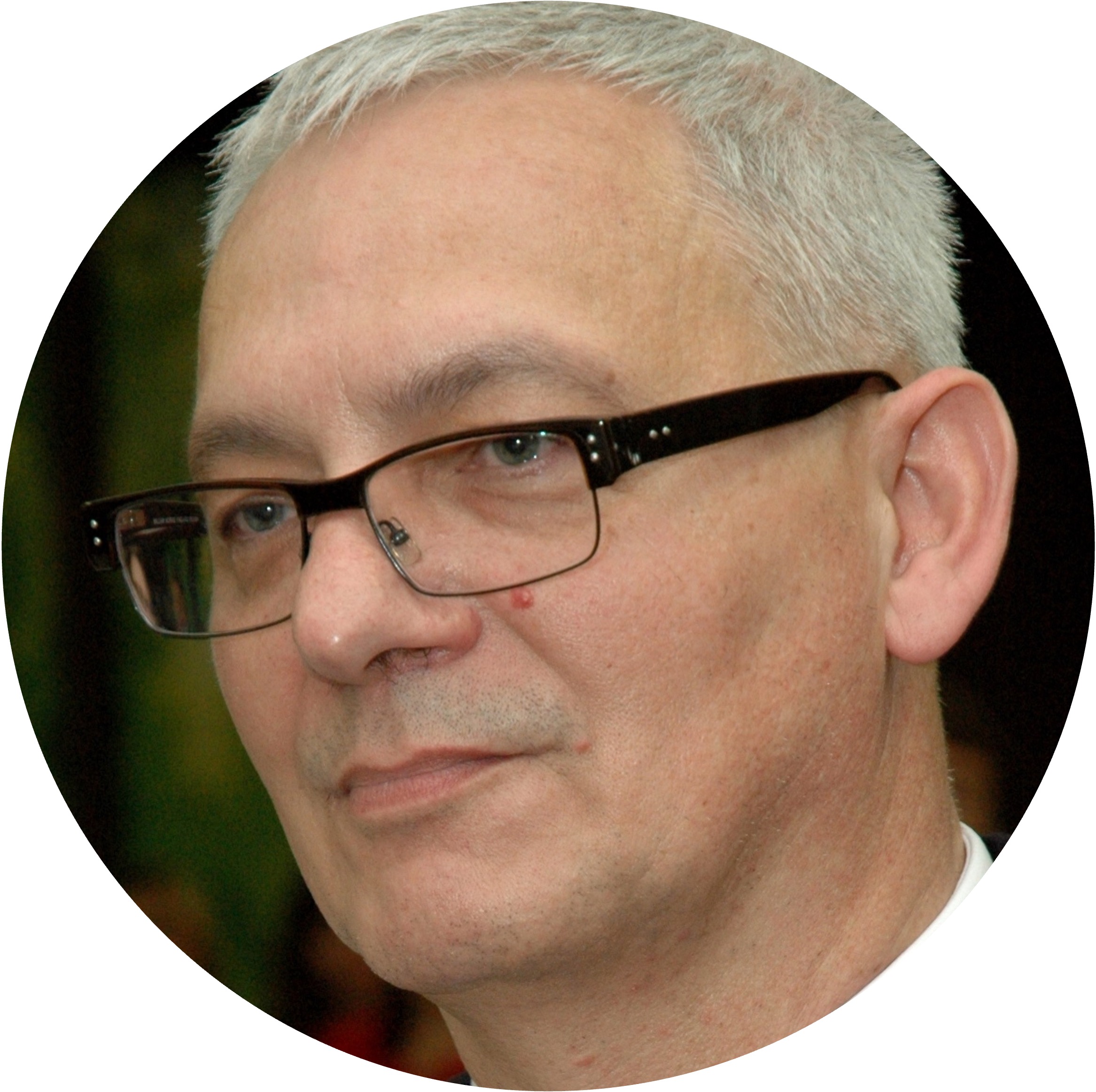
Abstract
The return of Polish scouting to its original roots, particularly due to its membership in the global scouting movement, has led all Polish scouting organizations to refer to the pedagogical ideas and principles established by Robert Stephenson Baden-Powell. The largest scouting organization in the Third Republic of Poland is the Polish Scouting and Guiding Association (Związek Harcerstwa Polskiego – ZHP), which in 2024 numbered approximately 120,000 members. However, other scouting organizations also operate in Poland, and like the ZHP, they base their educational programs on the over 100-year-old traditions of the scouting movement, which gained prominence after Poland regained independence in 1918.
Scouting is one of the educational environments with a clearly defined and coherent value system. This system is modeled after the Ten Commandments and is expressed in the ten principles of the Scout Law, as well as in the Scout Promise, which children recite upon joining the movement, after being prepared to internalize these lifelong values. Among these values, a sense of happiness and an optimistic approach to life play a significant role. But is this truly the case? What values shape the lifestyle of scouts and their leaders in the third decade of the 21st century? I will address these questions by presenting the results of a diagnostic study I conducted in 2025 among scouts and scout instructors in Poland.
Bio
Prof. Dr. habil. Bogusław Śliwerski is Professor and Chair of the Department of Theory of Education at the Faculty of Educational Sciences, University of Łódź, Poland, and Research Professor at the Maria Grzegorzewska University in Warsaw. He has been awarded honorary doctorates from Maria Curie-Skłodowska University in Lublin (2014), Kazimierz Wielki University in Bydgoszcz (2016), John Paul II Catholic University of Lublin (2017), Cardinal Stefan Wyszyński University in Warsaw (2020), and the National Academy of Educational Sciences of Ukraine (2019). He is a member of the International Board of Tomas Bata University in Zlín (Czech Republic) and the International Council of the Faculty of Education at the University of South Bohemia in České Budějovice (Czech Republic). He has also been named Honorary Professor at both the University of Warmia and Mazury in Olsztyn and the University of Silesia.
From 2011 to 2019, he served as Chair of the Committee on Pedagogical Sciences of the Polish Academy of Sciences (PAN), and since 2024, he has held the position of Honorary Chair. He is Editor-in-Chief of Studies on the Theory of Education, a leading academic journal in the field, and a prolific academic blogger. Prof. Śliwerski is the author of 48 scholarly monographs and has served as editor of 4 and co-editor of 3 volumes of the academic textbook series Pedagogy. He has also edited 11 translations of major German- and Czech-language monographs and contributed as editor or co-editor to 57 collective volumes on pedagogy and alternative education.
